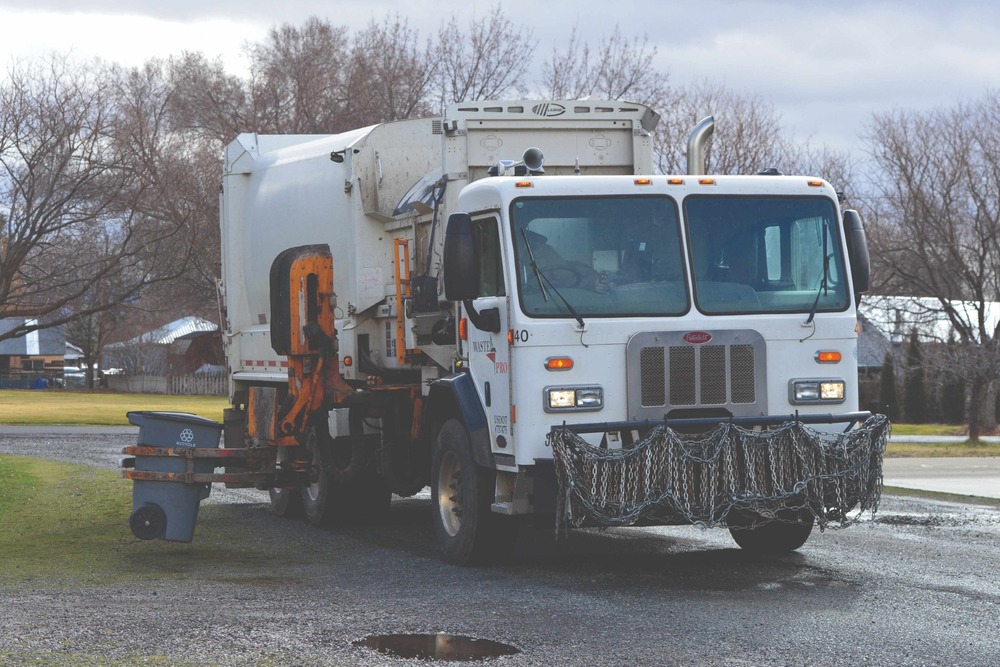Breaking: Hermiston City Council passes curbside recycling rates
Published 9:14 pm Monday, November 24, 2025
HERMISTON — Two weeks after rejecting a proposed rate for curbside recycling, the Hermiston City Council approved rates on Monday, Nov. 24, that also include a 15% discount for low-income residents.
The council voted 4-1 to approve the rates with Councilor Josh Roberts voting no.
Under the resolution, residents will pay a monthly fee of $8 in exchange for having their recycled materials picked up every other week. The council also approved a rate of $6.80 for low-income residents, something that was suggested at the Nov. 10 council meeting. The reduced rate is similar to the city’s existing low-income utility assistance process. That means the city will forgo its typical 15% billing fee to the general fund so eligible low-income users effectively pay for the recycling service at cost.
Legislature passed law in 2021
The Oregon Legislature passed the Recycling Modernization Act in 2021. The new law requires cities with populations above 4,000 to provide curbside recycling service. The intent of the law is for producers of packaging and paper products to share in the cost of responsible recycling. Cities, however, must also adopt a local rate to fund collection labor, equipment operation, and related local service expenses.
In the time since the council rejected the proposed rate on Nov. 10, the city spoke with the Oregon Department of Environmental Quality and was told there would be significant monetary penalties if a city is noncompliant. Fines could range from a minimum of $183,000 per year up to $9.125 million per year if the state determines the city is not attempting to follow the law.
Additional objections provided by councilors at the Nov. 10 meeting centered around residents having to pay for a service mandated by the state. Others questioned why residents should pay a fee if producers are expected to contribute to the cost.
Hermiston Assistant City Manager Mark Morgan said there are “costs which are within local control” and they remain the responsibility of the city. Those costs include labor, diesel, maintenance, storage, insurance and more.c
Morgan said residents will not be charged until service begins, which he estimated could be in the summer of 2026.
More to come.

